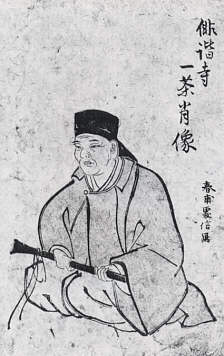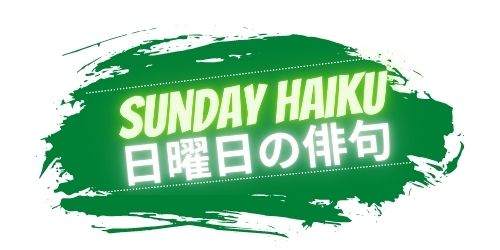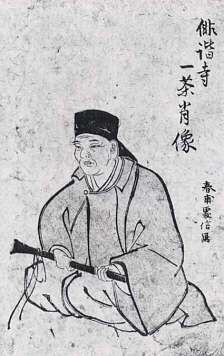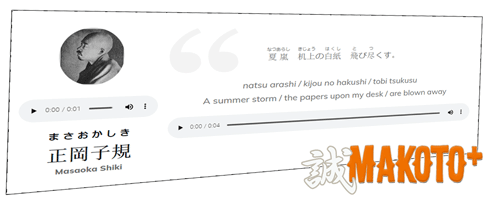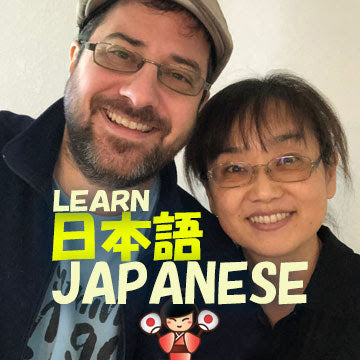Happy Mother's Day! (For much of the world)
This week, we have another haiku by the great 小林 一茶【こばやし いっさ】 Kobayashi Issa. It is a spring poem about an orphaned sparrow and a reminder how precious mothers are.
But first, a recap on the week
All FREE except the Dialogues update
- FRIDAY: New song lyric breakdown: 上を向いて歩こう (or better known in English as "Sukiyaki") Click here [BEGINNERS-ADVANCED]
- THURSDAY: New podcast: Beginning Japanese Phrases Podcast Phrases 82: ~は、~が~です A is B [BEGINNERS]
- THURSDAY: Major update release for our Japanese Dialogues bundle - added Anki decks, QR codes, and fully revised book 1. [BEGINNERS]
- TUESDAY: Shadowing with Yumi: Morning Phrases Lesson page [BEGINNERS-UPPER BEGINNERS]
- TUESDAY: Shadowing with Yumi: Katakana Words Part I video [BEGINNERS-UPPER BEGINNERS]
- MONDAY: New podcast: Nihongo no Tane 84 人生100年その2 Living to a Hundred Part 2 | Japanese Immersion Podcast [INTERMEDIATES]
I'm not sure we can keep that pace up this week, but we'll give it a try! :)
And now, today's Sunday Haiku:
Today's haiku is by 小林 一茶【こばやし いっさ】. Kobayashi Issa (1763-1828) is considered to be one of the four great masters of haiku in addition to Basho, Buson, and Shiki and rivals Basho in popularity. He wrote over 20,000 haiku. issa means "one (cup of) tea."
Makoto+ Shogun or Lifetime members, click here for today's haiku with sound and almost 100 other haiku lessons. (Not yet a member, let's fix that!)
Haiku lesson
Let's get right to it.
我と来て あそべや 親のない雀
VOCABULARY
- 我 I; me [formal]
- と with (me)
- 来て come and
- あそべ play [gentle command]
- や punctuational exclamation in haiku
- 親 parent
- のない without (parents)
- 雀 sparrow
A sparrow that has been separated from its parents is looking lonely. Come to me and let's play together. I don't have any parents either.
季語【きご】 Season Word
What is the 季語【きご】? How do we know the time of the year?
This one's a little tricky, but the season word is 雀【すずめ】 (sparrow). Sparrows aren't migrating birds that only come around at a certain time, but the fact that it has strayed from its parents indicates this sparrow is probably young, a new hatchling. If so, this is set in the spring (March-April) when many sparrows are hatched.
A Closer Look
Is the sparrow really an orphan? How would the poet know for sure? It is thought that the orphan is actually the poet. He sees a little sparrow who has strayed from its parents and remembers his loneliness as a child.
Issa grew up in a middle-class farmer household, but when he was only three years old, his mother passed away. He was raised by his grandmother but when she died, Issa left for apprenticeship in Edo.
Perhaps he wishes to commiserate with the lost sparrow and with that sparrow, remake his childhood memories into something happy by playing together.
So, mothers, as this haiku suggests, you make a lifelong impact. 本当にありがとうございます。
If you are a Makoto+ Shogun or lifetime member, click here to see this lesson with audio. [Sorry, the Samurai level doesn't have access to past haiku lessons.]
Like this haiku lesson? Did you know we have almost a hundred other haiku lessons on Makoto+ now? All have vocabulary and grammar breakdowns with sound and cultural notes. Shogun and lifetime members have unlimited access to all lessons.
Or take the plunge and become a lifetime member today!




